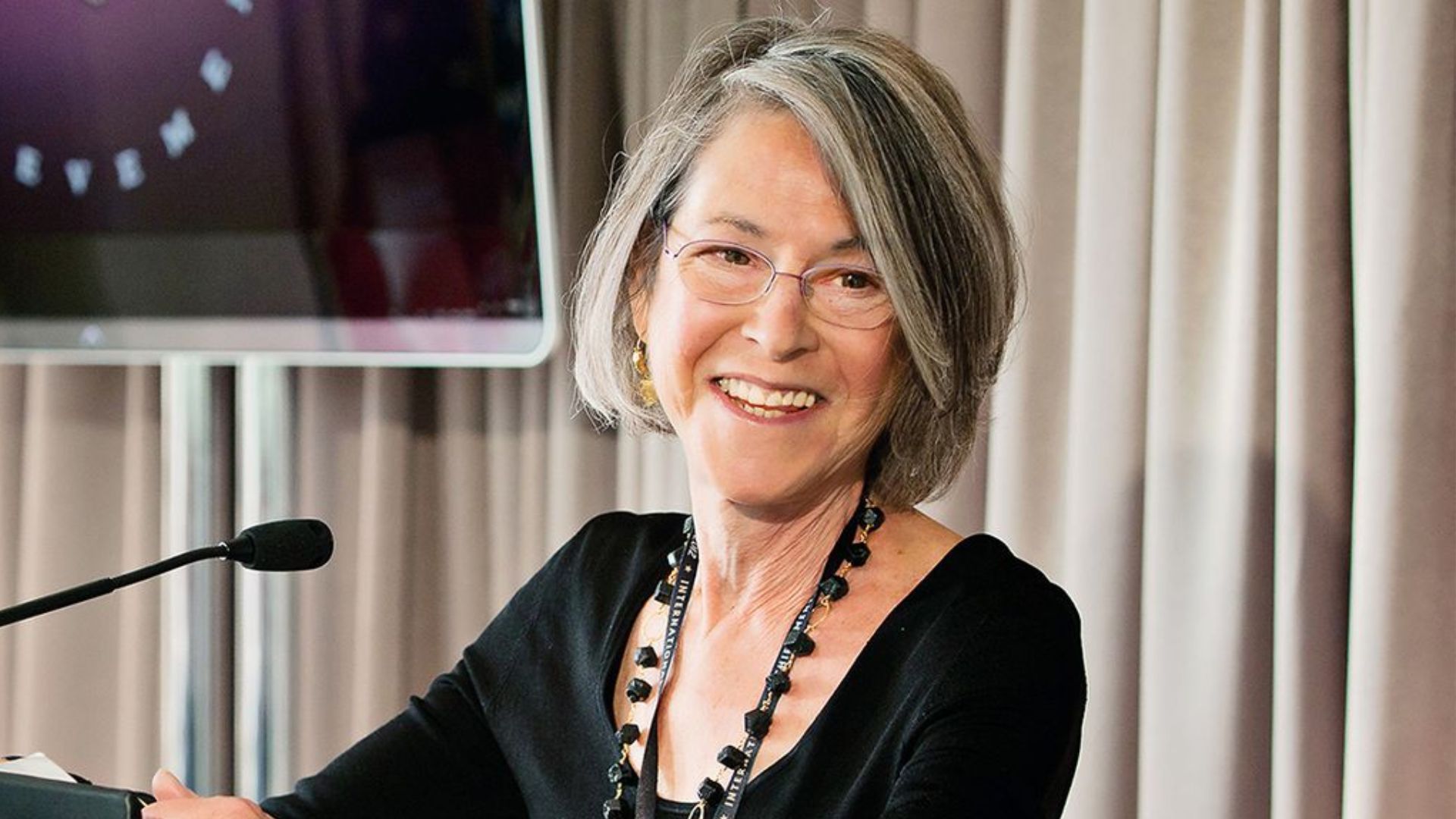Earlier this month, poet Louise Glück died at the age of 80. Gluck was a celebrated American poet whose work explored universal human themes such as love, nature, trauma, family conflict, motherhood, marriage, intimacy, memory, loss, and death. Much of her poetry is dreamlike in nature and has also been described as novelistic.
In 2020, Glück received the Nobel Prize in Literature. She wrote powerful, lyrical poetry that deeply touched all her readers. Glück was a graduate of the esteemed Sarah Lawrence College and of Columbia University’s School of General Studies. One gets to a certain age when the discussion of death is inevitable. We ponder life’s last chapter while looking back on the memories that have sustained us. It seems that she began thinking of death years earlier. For example, in her collection, A Village Life (2009) her eleventh book of poems. The title poem, “A Village Life,” talks about death:
“The death and uncertainty that await me/as they await all men, the shadows evaluating me/because it can take time to destroy a human being/the element of suspense/needs to be preserved—”
While we were only eleven years apart, we grew up in the same part of the country, Long Island, New York, where there was a heavy concentration of Jewish families. Many of us were born Jewish and understood our heritage— for example, my father was a Holocaust survivor who lost his mother, father, and eldest brother. He emigrated to the United States in 1947 with his older brother Robert, and spent his entire life in the suburbs of New York. A few years later, he met my mother at a Manhattan Dance hall. After about an hour, he saw her seated at a table with her mother, who he later learned was an avid dancer, but did not drive, so my mother drove her there. He walked over to my mother and told her she was absolutely beautiful and asked her to dance. Before the night was over he asked for her hand in marriage. My father was a man who knew what he wanted. The marriage lasted nearly forty years until he died too early at the age of seventy-one. The long habit of cigarette smoking, which he brought with him from Germany, resulted in lung disease which was the cause of his passing.
As a child, we never practiced the traditional Jewish rituals of our ancestors; we honored them instead, by celebrating Passover and Rosh Hashanah at my Uncle Bob’s house. My uncle recited the Hebrew prayers, but nobody else understood what he was saying. That was the extent of my Jewish education. In essence, it centered around the delicious traditional meals my aunt Silva prepared. My father was only able to speak about his five years in the Holocaust only at the very end of his life. He told me that history can repeat itself, and while I should be a proud Jew, I should not wear it on my sleeve because one never knows what “crazies” are out there. Now more than three decades after his passing, I realize the significance of his wisdom.
In the same way, Glück described her Jewish upbringing as “rudimentary,” and saw her connection with Judaism, like many of us, as ambivalent. In a 2014 article in The New York Times, poet Peter Campion wrote about Glück,“Few living poets have dwelt as successfully on the past. Often employing the idioms of depth psychology—the analytic koans, the mythic analogies—she tends to approach her narratives of familial and erotic love from the side of their endings, with more than a touch of fatalism.” Her poetry was largely confessional and autobiographical, but she drew on stories from the Hebrew Bible and the New Testament, in addition to being influenced by Greek mythology and fairy tales.
In one of my monthly newsletters a few years ago, I reviewed Glück’s wonderful collection, Winter Recipes (2021), which I described as a book of reflective poems, in which Glück looked back on her life with a perspective and contemplation from the mundane to the more complicated. In this book, Glück wrote a lot about her deceased sister. Her style is a refreshing way to reexamine one’s life to see the good, the bad, and the ugly, but always remembering that we come into the world alone and we die alone. So many lines resonated with me, such as “You must find your footing/before you put your weight on it” and “The part of life/devoted to contemplation/was at odds with the part/committed to action.”
Glück’s poetry requires active reading and listening, as she had so much wisdom to share with the universe. We have lost a beloved poet too early. As Glück notes in her poetry collection, Faithful and Virtuous Night (2014), winner of the National Book Award, “I think here I will leave you. It has come to see there is no perfect ending. Indeed, there are infinite endings.”

Diana Raab, PhD, is a memoirist, poet, blogger, speaker, and award-winning author of nine books. She’s been published in over 1000 publications. She frequently speaks and teaches on writing for healing and transformation. Her latest book is Writing for Bliss: A Seven-Step Program for Telling Your Story and Transforming Your Life. Visit: dianaraab.com.

